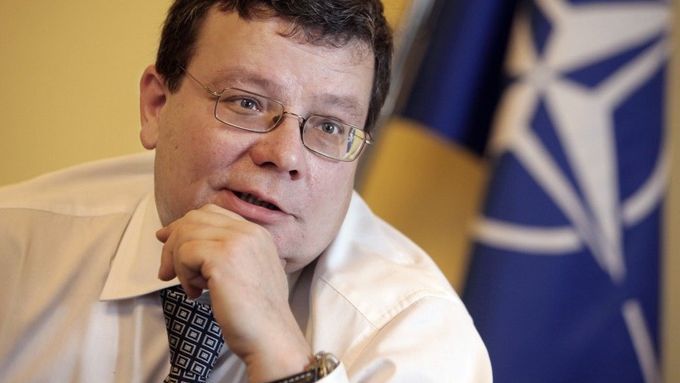Prague - NATO's involvement in Libya would allow us to have more information and influence the situation, said Czech Defense Minister Alexandr Vondra in an interview with Aktualne.cz, a Czech on-line daily.
The possibility of NATO running the operation in Libya is currently being discussed at the alliance's HQ in Brussels.
If NATO assumes the leadership of the operations in Libya, the Czech Republic would be indirectly involved.
Read more: Prague would support intervention in Libya: Minister
Read more: From Libya, with love. Gaddafi's camels in Eastern Bloc
This is a sharp reversal of the original attitude of the Czech government, which was initially against any armed intervention in Libya. Two weeks ago, Czech President Václav Klaust at an EU summit in Brussels voiced his sharp opposition against any international intervention in Libya.
Also, when Operation Odyssey Dawn was started, the Czech government issued a cold statement that it "respects" the armed action based on an UN Security Council resolution.
However, with the growing possibility of NATO involvement, the Czech government starts to get more enthusiastic.
"We are not a European power, it is a way for us to have more information and a possibility to influence things," said Vondra about the possibility of NATO assuming the leadership of the intervention.
Vondra also said that no discussion is taking place about the possibility of deploying a Czech chemical warfare unit to Libya. "This would mean the deployment of ground units, and no such thing is being considered right now. As for the anti-chemical defense, there is no reason for it, because nobody has used chemical weapons so far, and I believe that nobody will use them in this conflict."
The minister said that the Czech Republic could participate in humanitarian efforts, such as helping with evacuation and delivery of humanitarian aid. "Which means that more than anything else, it is about transport capabilities."
Vondra added that the possibility of a Czech-led field hospital has not been discussed so far. "For us, it would be acceptable only when NATO steps in as a collective body, and this situation has not emerged," said Vondra.
